Emerging trends among sole practitioners and SMEs in legal tech
At Jayva Global, we stay sharply attuned to the evolving lawtech environment by regularly scanning authoritative industry reports, listening closely to the experiences and priorities of law firms, and continually developing our service offerings to meet their real-world needs.
We delve into reports published by Legal Practice Management and the Solicitors Regulation Authority, on the SME marketplace and sole practitioners respectively, to combine data-driven insights with direct conversations across the legal community.
In the process of doing so, we’ve spotlighted emerging trends, challenges and opportunities – thereby ensuring the support we offer is always practical, forward-looking and aligned with the direction of travel.
Key trends reshaping the small firm landscape
From talent pressures to tech-driven innovation, these prime themes highlight where small firms are adapting – and where support is most needed.
Attracting and retaining talent requires overhaul
Small firms are struggling with talent retention and workplace culture, underscoring the urgent demand for better people management strategies. Addressing recruitment, training and workplace flexibility is essential to build resilient businesses in a competitive space.
Revenue growth is projected upwards of 10% by 2026
Analysis suggests an inflated appetite for legal services in the SME segment, with forecasts pointing to revenue growth of around 10%. This revenue hike offers small firms both opportunity and pressure to scale efficiently.
Competition from larger firms intensifies
Bigger firms pose a rising competitive threat, especially as they offer broader services and invest heavily in digital transformation. Smaller firms must differentiate wisely and embrace technology wholeheartedly to survive and thrive.
Technology enhances client experiences
Clients are increasingly expecting responsive, online-accessible services at an affordable cost. Small firms failing to implement client‑centric technology risk poorer consumer value and diminished trust.
Greater scrutiny on risk and compliance
With an upsurge in the volume and complexity of regulatory checks, small firms must strengthen internal risk management processes and frameworks to mitigate risk, comply with regulations and avoid potential sanctions.
Tech budgets expand and adoption barriers fall
With small firms believing technology improves both the quality and value of client services, this confidence is translating into real investment with a boost in tech spend. Adoption rates are climbing too, showing that although the sector once lagged in tech maturity, it’s now catching up – and fast.
Cloud-first becomes the default
Cloud solutions are becoming the standard. It’s worth noting that our earlier guest blog with Virtuoso, titled ‘The move to the cloud: A guide for law firms’, emphasises why migrating to the cloud is essential – and how to do it right. Head to https://virtuoso.tech/blog.
Generative AI adoption is on the rise
While less than 15% of small firms have adopted generative AI, rates are increasing. Small firms are exploring how to use AI systems beyond document generation and summarisation – such as automated matter updates, intelligent knowledge retrieval and client communications, meaning generative AI is steadily making its way into front and back office functions.
Time recording and commercial awareness need urgent attention
Feedback from research highlights the need to improve lawyers’ time‑recording accuracy as well as their commercial awareness – especially around value‑based client billing and transparency.
Costs of digital change are a major barrier
Small firms report concerns about the costs of adopting tech, particularly when solutions may become outdated quickly. Price transparency and future‑proof investments remain critical issues.
Innovation overload with too many platforms and too little guidance
Many small firms feel overwhelmed by the sheer number of available tools, facing information overload, with requirements for impartial guidance, clearer demonstrations and case studies to navigate options carefully.
Widespread benefits from tech adoption
Despite the aforementioned hurdles, small firms recognise far-reaching benefits: improved efficiency, better client service, enhanced access to justice and reduced costs for consumers, to name a few.
How Jayva Global supports law firms through transition and beyond
At Jayva Global, we help small firms manoeuvre these trends, overcome challenges and embrace opportunities – from early-stage research and selection, to long-term rollout and support. Our expert consultancy and training includes but is not limited to:
Needs assessment and solution selection: Providing impartial, sector‑wide comparisons and industry‑specific case studies to choose the optimal tech stack.
Project management and implementation: Coordinating software rollout, change management and training to reduce disruption, maximise adoption and achieve ROI.
Embedded training and familiarisation: At each stage, we deliver tailored training to ensure teams utilise tools fully and embrace cloud platforms successfully.
Ongoing technical support: Offering maintenance, mentoring and advice to update systems, instil new processes and respond to ever-changing regulation.
Our clients benefit from a people‑forward approach: we prioritise human-focused change management, clear governance and skills development – which helps small firms tackle barriers, harness innovation, streamline operations and transform digitally. Find out more about what we do at www.jayvaglobal.com/services.


